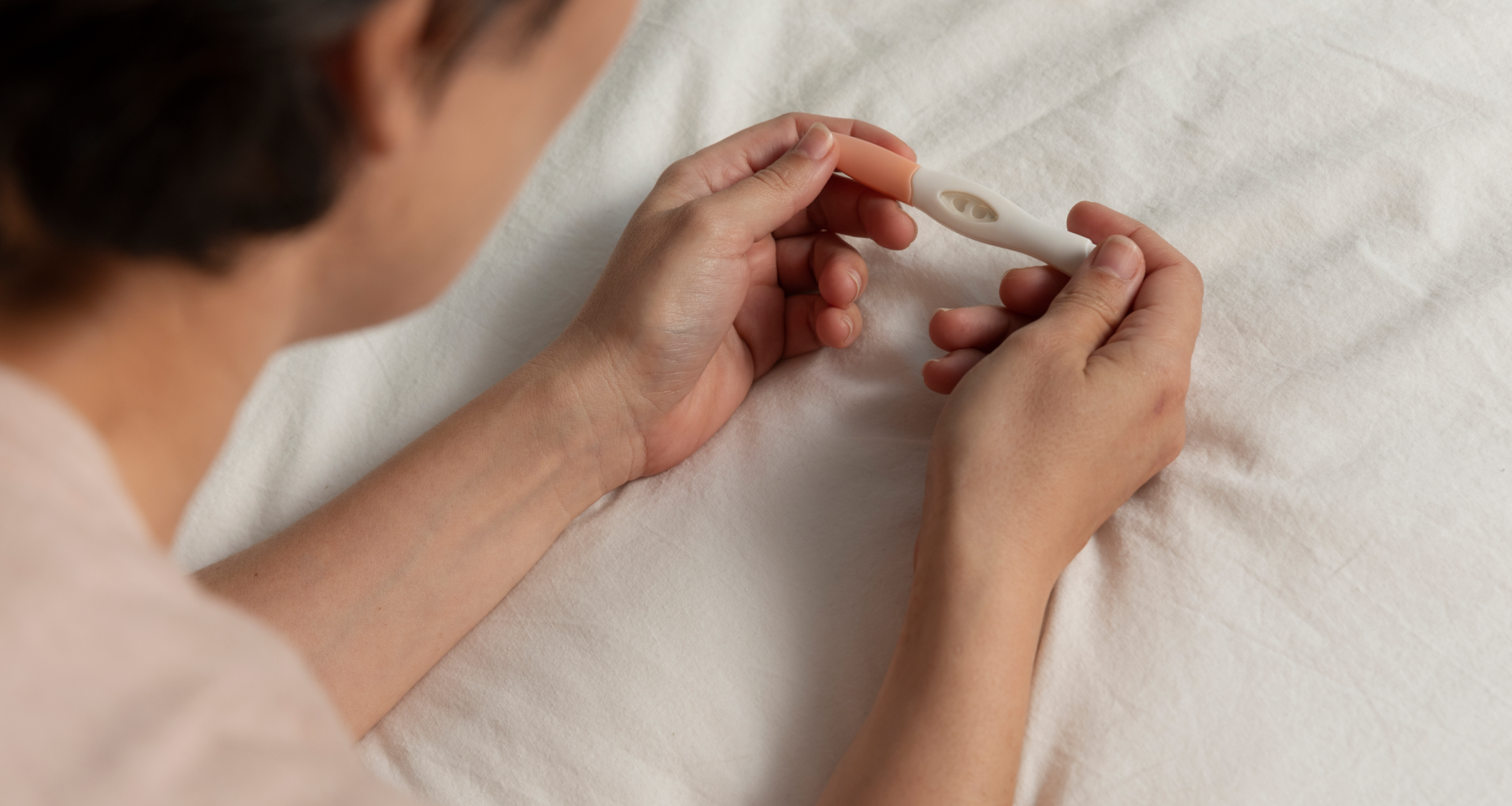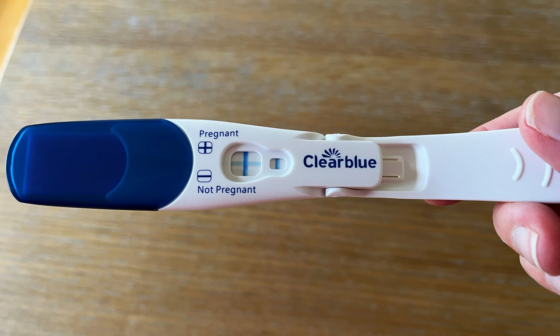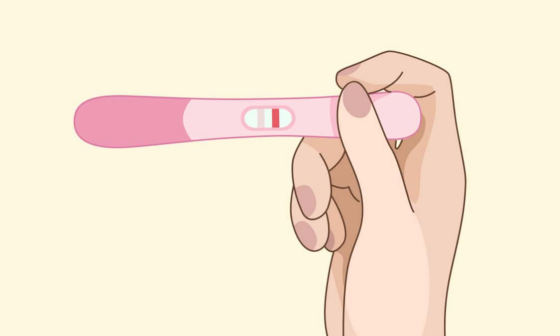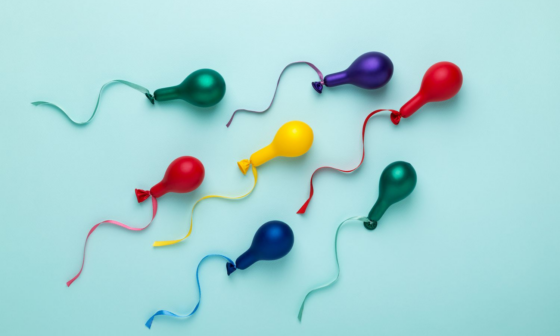When it comes to confirming a potential pregnancy, timing is everything. Waiting too long can cause unnecessary stress, while testing too early may give misleading results. Here’s a guide to understanding after how Many Days After Intercourse Can You Take a Pregnancy Test, the factors that impact its accuracy, and what to do based on the result.
Understanding Pregnancy Tests and How They Work
Pregnancy tests work by detecting a hormone called human chorionic gonadotropin (hCG), which is produced by the body shortly after a fertilized egg implants in the uterine lining. This hormone is generally detectable in urine or blood, but the concentration is initially low and increases over time.
There are two types of pregnancy tests:
- Urine Tests: Widely available over the counter, these tests are simple and can be done at home.
- Blood Tests: Available at a healthcare provider’s office, blood tests are more sensitive than urine tests and can detect pregnancy a few days earlier.
Both types of tests offer over 99% accuracy when used correctly, although timing remains a critical factor.
When is the Best Time to Take a Pregnancy Test?
If you are wondering exactly when to take a pregnancy test after intercourse, the timing can vary slightly based on your menstrual cycle:
- For Regular Cycles:
- The most accurate time to take a pregnancy test is on the first day of your missed period, usually around 14 days after ovulation. At this point, hCG levels should be high enough to detect in a home pregnancy test.
- For Irregular Cycles:
- If you have irregular periods and can’t pinpoint when your period is due, it’s advisable to wait at least 21 days after having unprotected intercourse before testing. This timing helps account for variations in ovulation and increases the accuracy of the result.
Some early-detection pregnancy tests claim to work a few days before a missed period, but these may not be as reliable and can result in false negatives. For the most precise result, it’s best to wait until after your missed period.
Factors That Affect Pregnancy Test Accuracy
Pregnancy test accuracy is influenced by several factors, including when you take the test and how you use it. Here are a few essential things to consider to ensure you get the most reliable result:
- Testing Too Early:
- Testing too soon can lead to a false negative, meaning you might be pregnant, but the test fails to detect it because your hCG levels are still low. If you receive a negative result before your missed period, consider retesting a few days later for confirmation.
- First-Morning Urine:
- For the most accurate result, take the test with your first urine of the day. The concentration of hCG in your urine is highest after you’ve gone several hours without drinking or urinating.
- Following Instructions Carefully:
- Be sure to follow the instructions provided on the pregnancy test package. Different brands may have slight variations in their usage instructions, which can affect the result.
- Diluted Urine:
- Avoid drinking too much water before testing, as it can dilute hCG levels in the urine, leading to a false negative. If you test later in the day, ensure it has been at least three hours since you last urinated.
Signs of Pregnancy Before Testing
If you’re eager to confirm pregnancy but unsure when to take a test, early signs of pregnancy may give clues, though they’re not definitive without testing. These symptoms include:
- A missed period
- Tender or swollen breasts
- Light spotting or cramping
- Nausea or fatigue
- Increased sensitivity to smells
While these signs can indicate pregnancy, they can also be due to other factors, so testing is essential for confirmation.
Common Questions About Pregnancy Testing
How soon can I take a pregnancy test after unprotected sex?
- Ideally, wait until the first day of a missed period. Testing too early may lead to a false negative result.
Can stress or health factors affect hCG production?
- External factors, like stress, don’t impact hCG levels directly. However, testing at the correct time is essential for accurate results.
What should I do if I test positive?
- If your test is positive, contact a healthcare provider to confirm the result and schedule a follow-up. Early care is essential for a healthy pregnancy journey.
What should I do if I test negative but still suspect pregnancy?
- If your test is negative but you experience symptoms or still suspect pregnancy, retest in a week or consult with a healthcare provider for a blood test, which can detect lower levels of hCG.
What to Do After Getting Your Pregnancy Test Results
- Positive Result:
- If you have a positive result, it’s time to follow up with a healthcare provider. They can confirm the pregnancy through a blood test and advise on the next steps.
- Negative Result:
- A negative result can mean you’re not pregnant, or you may have tested too early. If your period doesn’t arrive after a week, consider taking another test.
For those actively trying to conceive or looking to prevent pregnancy, understanding these testing details and following proper timing can provide clarity and reduce uncertainty.
Knowing when to take a pregnancy test is essential for accurate results and peace of mind. By waiting until the first day of your missed period or around 21 days after intercourse if you have irregular cycles, you can get the most reliable answer. If you experience pregnancy symptoms or a missed period, consider testing and consult a healthcare provider to confirm your results.






